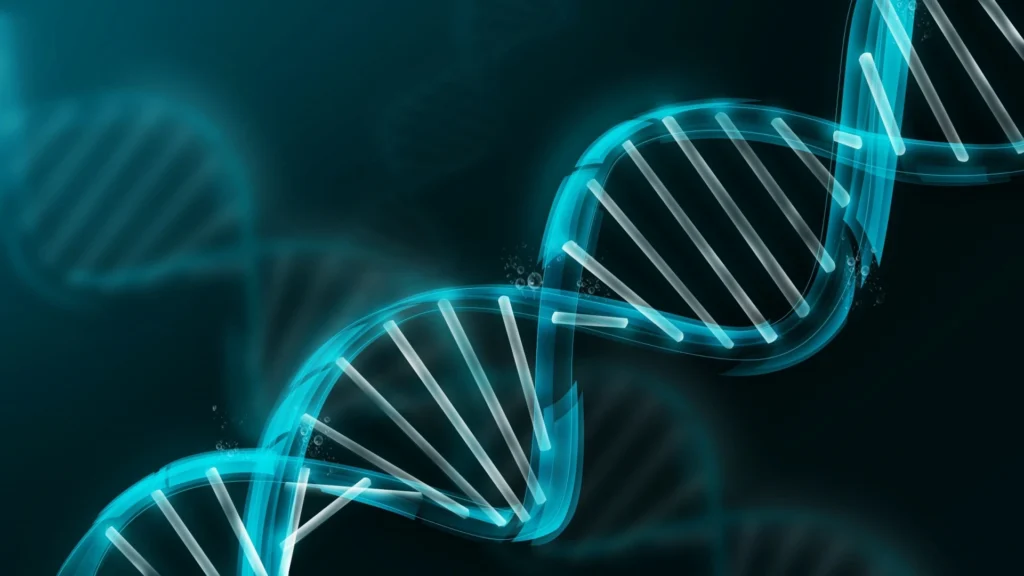The Shrinking Y Chromosome: What It Means for the Future of Human Evolution
A recent study has uncovered a significant reduction in the size of the Y chromosome over time, pointing to a fundamental shift in human reproduction and the potential emergence of new sex-determining systems. The findings have sparked widespread interest and debate among scientists, as they suggest profound changes in the genetic architecture of humans and other mammals.

The Y Chromosome: A Brief Overview
The Y chromo is one of the two sex chromosomes in humans, the other being the X chromosome. It is responsible for determining male sex characteristics and plays a crucial role in male fertility. Unlike the X chromosome, which carries a large number of genes, the Y chromosome is relatively small and contains fewer genes. Over millions of years of evolution, the Y chromo has lost a significant amount of genetic material, leading to concerns about its future viability.
The Study’s Findings
The study, conducted by a team of geneticists, examined the genetic sequences of Y chromo across different species and human populations. The researchers discovered that the Y chromo has been steadily shrinking in size and losing genes over millions of years. In humans, the Y chromo has lost about 97% of its original genes, retaining only a small fraction that is essential for male development and reproduction.
This reduction is attributed to the Y chromosome’s inability to recombine with a partner chromosome like the X chromosome does. Recombination allows for the repair of damaged DNA and the reshuffling of genes, which can help prevent harmful mutations. The lack of recombination in the Y chromosome makes it more susceptible to accumulating mutations over generations, leading to gene loss and shrinkage.
Implications for Human Reproduction
The decline of the Y chromosome raises questions about the future of human reproduction. Some scientists suggest that if the Y chromosome continues to deteriorate, it could eventually disappear altogether. This scenario might seem alarming, but researchers believe that the human species is capable of adapting to such a change.
There are examples of species that have lost their Y chromosome yet continue to reproduce successfully. For instance, some rodents have developed new sex-determining systems that do not rely on the Y chromosome. Instead, other chromosomes have taken over the role of determining sex, illustrating the adaptability of genetic systems.
Evolution of New Sex-Determining Systems
If the Y chromosome were to disappear, humans might evolve new mechanisms for sex determination. This process could involve other chromosomes or entirely new genetic pathways. In some species, sex is determined by environmental factors, such as temperature, rather than genetics. The evolution of such systems in humans would represent a significant departure from our current understanding of sex determination.
Furthermore, the study suggests that the shrinking Y chromosome could lead to greater genetic diversity in sex-determining systems. This diversity might enhance the adaptability and resilience of the human species in the face of changing environmental conditions.
The Future of Men: Cause for Concern or Adaptation?
While the shrinking Y chromosome might raise concerns about the future of men, it is important to recognize the potential for adaptation and evolution. The human genome is highly dynamic, capable of evolving in response to changing circumstances. Even if the Y chromosome were to disappear, it is likely that other genetic mechanisms would emerge to ensure the continuation of male-specific traits and reproduction.
Scientists emphasize that this process, if it were to occur, would take millions of years, giving the human species ample time to adapt. In the meantime, ongoing research into the Y chromosome and its role in human genetics will continue to provide valuable insights into the complexities of human evolution.
Conclusion
The recent findings on the shrinking Y chromosome highlight a fascinating aspect of human evolution and the potential for significant changes in our genetic makeup. While the prospect of the Y chromosome’s extinction may seem startling, it also underscores the remarkable adaptability of life on Earth. As researchers continue to explore this phenomenon, we may gain a deeper understanding of the evolutionary forces shaping our species and the future of human reproduction.
Tap to know: Mixed Reactions from International Media on Prime Minister Modi’s Controversial Visit to Ukraine